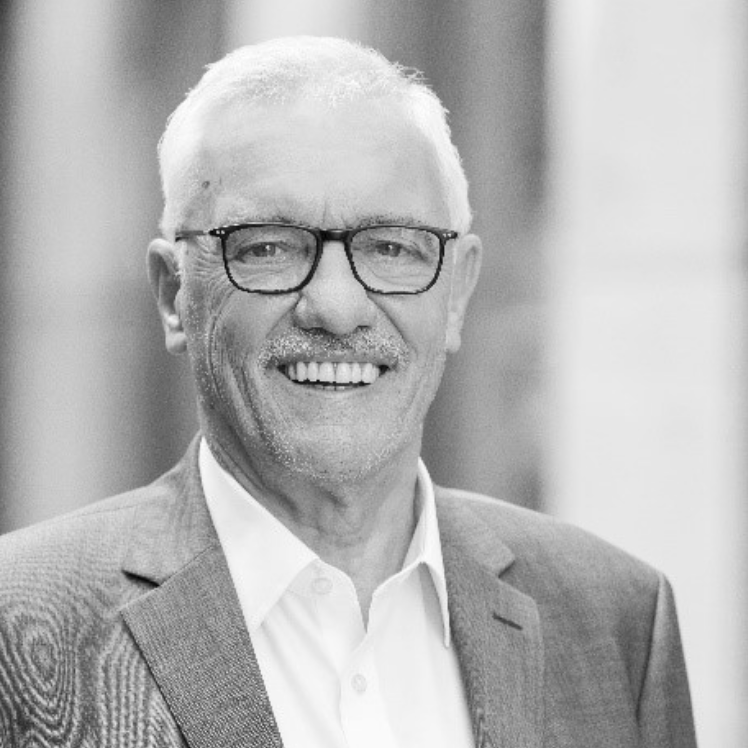30 years of DE-CIX:
How Frankfurt became the heart of the European Internet
Why Frankfurt
The choice of Frankfurt as a location was no coincidence. At the time, the city was an established financial center and offered superior telecommunications infrastructure. Fiber optic lines could already be rented there in the early 1990s – a novelty at the time in Germany. "Frankfurt already had the necessary network structures back then and was a central meeting point for the major carriers," explains Prof. Michael Rotert, one of DE-CIX's first customers. At the same time, Frankfurt was an important connection point for international data lines that linked European data traffic with other continents. These conditions made the city the ideal location for the emerging Internet Exchange. The banking landscape and its communication requirements also played an important role. "Financial centers need bad news faster than good news – in order to react accordingly," comments Arnold Nipper on the choice of location.

Harald Summa, CEO of DE-CIX from 1996 to 2022, member of the Supervisory Board of DE-CIX Group AG
"The next ten years will be just as transformative as the first steps of the Internet."
The beginnings: combining a pioneering spirit with pragmatism


Technological challenges and milestones
The internationalization of DE-CIX

Prof. Michael Rotert, Honorary President of eco – Association of the Internet Industry
